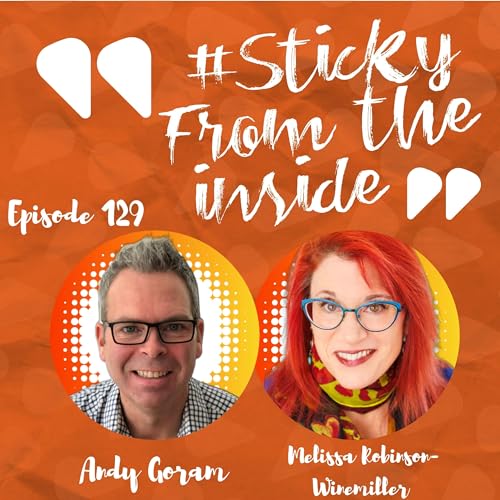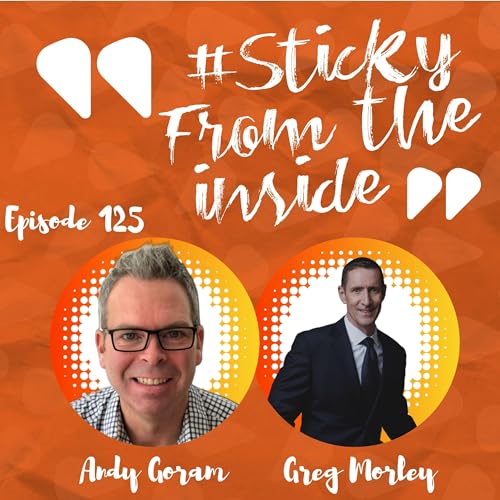Can storytelling really transform the way we lead, connect, and communicate at work?
In this episode, I’m joined by TEDx speaker, trauma-informed coach, and author of Meerbott’s Fables, Kelly Meerbott. Inspired by none other than Dr. Seuss, Kelly’s tales aren’t just for bedtime—they’re changing how leaders talk about tough topics like psychological safety, DEI, burnout, and inclusion.
We unpack why storytelling hits so differently today, how it can cut through corporate noise, and why the ability to connect emotionally might just be the most underrated leadership skill of all.
Whether you’re a CEO or a storyteller-in-waiting remember, if they're not moved, they won't move.
----more----
Key Takeaways - If they're not moved, they won’t move – Leadership communication needs emotion, not just information.
- Stories break down resistance – Fables connect with people across neurotypes, roles, and belief systems.
- Say less, mean more – Jargon kills clarity. Simplicity and humanity create impact.
- Use story to spark discussion, not silence it – Good stories open space for reflection, disagreement, and growth.
----more----
Key Moments The key moments in this episode are:
0:00:10 – The problems with communication today 0:04:00 – Who is Kelly Meerbott? The Coach, the Catalyst & the Fables 0:05:30 – Animal Wisdom, Pablo Escobar the Cat & Storytelling with Heart 0:10:30 – From Seuss to Boardrooms: Why Simplicity & Rhythm Work 0:14:00 – The Power of Emotional Access & Unexpected Praise 0:17:30 – Humour, Humanity & Making Generational Gaps Melt 0:21:00 – Neurodiversity, Sales, and the Once Upon A Time Effect 0:23:30 – Meet the Unicorn: Fables as Real-Life Composite Stories 0:26:00 – Why Storytelling Beats Slide Decks for Lasting Learning 0:30:00 – Fear, Algorithms & Why Polarisation Silences Discourse 0:34:00 – Volume Two Sneak Peek: Meerkats, Mockingbirds & Zebras 0:42:00 – Sticky Notes: Kelly’s 3-Point Advice for Better Storytelling 0:45:00 – Final Thoughts, Contact Details & Goodbye
----more----
Join The Conversation Find Andy Goram on LinkedIn here Listen to the Podcast on YouTube here Follow the Podcast on Instagram here Follow the Podcast on Twitter here Follow the Podcast on Facebook here Check out the Bizjuicer website here Get a free consultation with Andy here Check out the Bizjuicer blog here Download the podcast here ----more---- Useful Links Follow Kelly Meerbott on LinkedIn here Find Kelly's website here ----more---- Full Episode Transcript Get the full transcript of the episode here
 Sep 25 202549 mins
Sep 25 202549 mins 45 mins
45 mins Aug 28 202553 mins
Aug 28 202553 mins 46 mins
46 mins 47 mins
47 mins Jul 17 202546 mins
Jul 17 202546 mins 45 mins
45 mins 46 mins
46 mins

